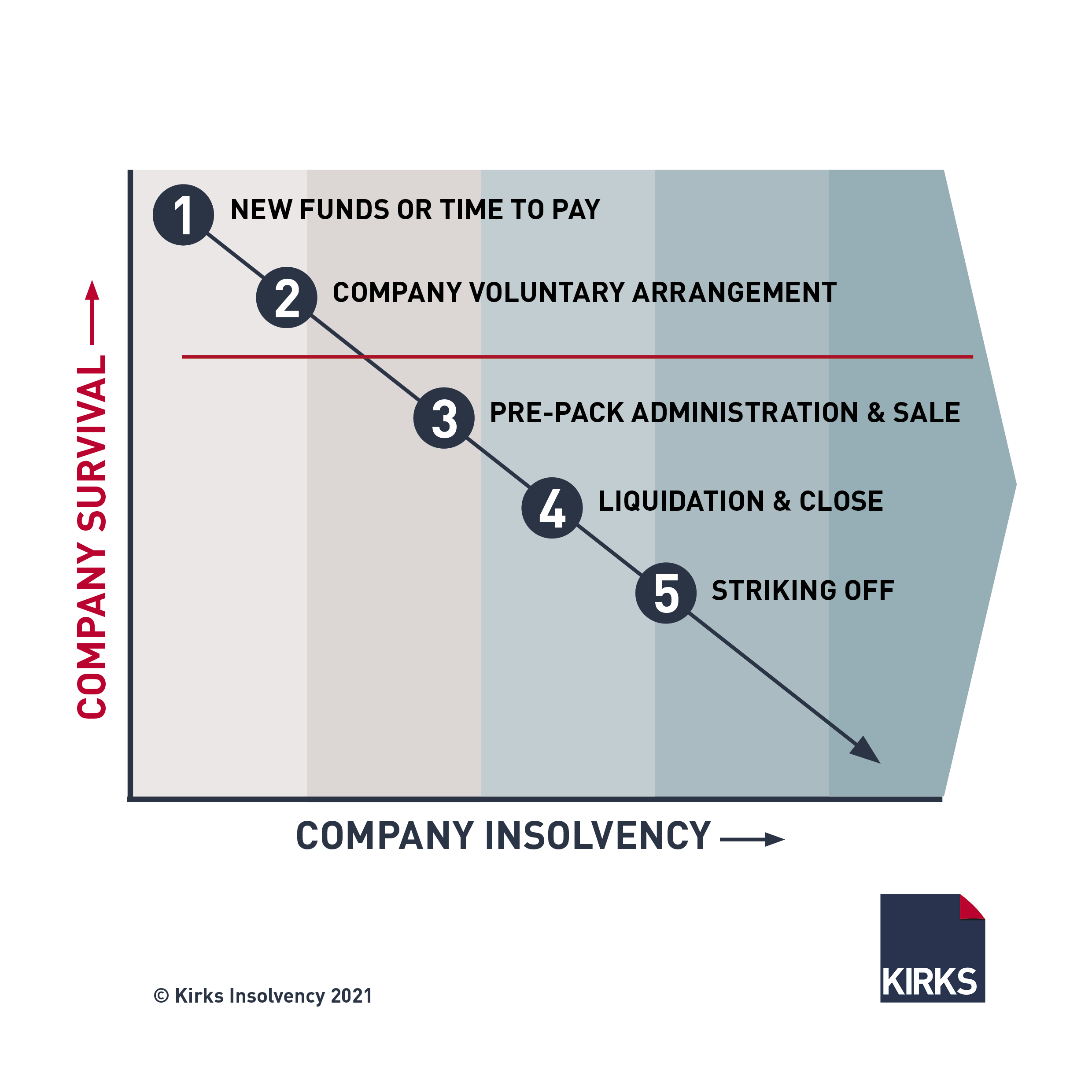Everything about Insolvency Practitioner
Everything about Insolvency Practitioner
Blog Article
The Insolvency Practitioner Diaries
Table of ContentsThe Of Insolvency PractitionerSome Ideas on Insolvency Practitioner You Should KnowWhat Does Insolvency Practitioner Do?A Biased View of Insolvency PractitionerSome Known Facts About Insolvency Practitioner.Getting My Insolvency Practitioner To WorkExamine This Report about Insolvency Practitioner
Insolvency is when responsibilities are more than the value of the company, or when a debtor can not pay the financial debts they owe. A firm can become insolvent because of a number of circumstances that cause inadequate cash money circulation. When confronted with bankruptcy, a business or individual can contact creditors directly and restructure debts to pay them off.Company proprietors may contact financial institutions directly and restructure financial debts into even more workable installments. Financial institutions are normally open to this approach since they desire to be repaid and avoid losses, also if the repayment is on a delayed timetable.
Insolvency Practitioner Can Be Fun For Everyone
The proprietor develops a proposal detailing exactly how the financial debt might be reorganized using cost decreases or various other prepare for assistance. The proposition reveals creditors exactly how business might produce sufficient capital for rewarding procedures while paying its financial debts. Typically, a forgiven financial obligation may be taken into consideration revenue by the Irs (IRS).

Not known Factual Statements About Insolvency Practitioner
When operations discontinue, so does the company's revenue (Insolvency Practitioner). Some firms end up being bankrupt due to the fact that their products or solutions don't develop to fit customers' changing requirements.
Expenditures exceed profits and bills stay unpaid. Cash-flow insolvency takes place when a company has the properties to cover their debts however they are in the incorrect form, such as genuine estate rather of liquid funds. Balance-sheet insolvency, on the various other hand, indicates a lack of properties in any kind of type to cover financial obligations.
The IRS states that an individual is bankrupt when the total obligations surpass total possessions. A personal bankruptcy, on the other hand, is an actual court order that portrays just how a financially troubled individual or organization will pay off their lenders, or just how they will certainly market their assets in order to make the settlements.
Insolvency Practitioner - Truths

Financial debt loan consolidation is when you combine numerous fundings right into one brand-new loan, typically to accomplish much better terms. Bankruptcy is not the exact same as personal bankruptcy, although a firm that click here for info has actually come to be bankrupt might submit for personal bankruptcy. Bankruptcy is the state of not having the ability to pay your responsibilities while insolvency is a legal process to release your debts.
Comprehending the factors that can lead to insolvency, such as overspending, can help you prevent bankruptcy and more tips here its consequences.
6 Easy Facts About Insolvency Practitioner Explained
It is popular that directors and police officers of companies (and managers of minimal liability business) owe fiduciary duties to their companies and their investors (or participants). These fiduciary obligations are specified by state laws and, though there are variants from one state to another, they usually consist of a responsibility of loyalty and an obligation of care.
The responsibility of care requires directors and policemans to work out persistance, to make informed decisions, and to act in good belief to make sure that their actions are in the very best rate of interest of the firm. Beyond the scope of this conversation, some states allow these responsibilities to be limited either by so noting in the organizational papers or complying with other demands.
The Insolvency Practitioner Ideas
The majority of states specify insolvency in 2 methods( 1) when a company's responsibilities come to be more than the sum of its properties or (2) when the company comes to be not able to pay its financial obligations Resources as they become dueand welcome both meanings (Insolvency Practitioner). The change in tasks occurs due to the fact that when a business is insolvent, there is no worth in the company past that owed to the company's lenders so that the equity owners no more have a financial stake in the firm
Be careful about giving shareholders special treatment at the expenditure of financial institutions (e.g., authorizing and moneying a reward or a stock redemption). Take care about preferential therapy in between courses of shareholders. Make reasonable initiatives to find out all the truths before taking a specific training course of activity; directors need to truly believe that any type of decisions made remain in the finest rate of interests of the corporation in its totality (i.e., decisions will certainly be examined in hindsight in light of the result of such actions on the firm).
In any type of bankruptcy or bankruptcy proceeding, settlements made to specific financial institutions at the cost of various other lenders can be clawed back, specifically if there is some connection in between the business and the lender. Take into consideration proposing at a yearly stockholder meeting (or any type of various other meeting of shareholders) a resolution affirming that all prior organization decisions and activities taken by the supervisors and policemans of the firm were taken in great confidence after an exercise of practical care.
Facts About Insolvency Practitioner Revealed
Totally disclose any individual or organization connections with celebrations beyond of purchases entailing the corporation to avoid the look of a dispute of passion. In reviewing possible fund raising transactions or a sale of possessions of the troubled firm, know that these transactions may be looked at later on because of any type of subsequent growth of supervisors' fiduciary obligations to include creditors.
Report this page